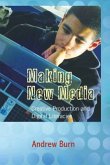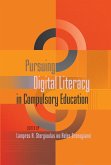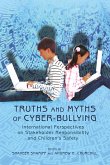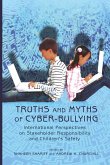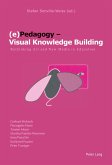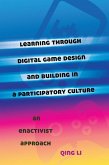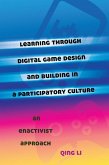Making New Media offers a series of case studies from the author's work with students and teachers from the mid-90s to the present day, charting the dramatic rise of new media in schools. Work across a wide range of media is presented: computer animation, digital video and film, computer games and machinima. The author tackles the vital contemporary themes of literacy and creativity, making an innovative argument for the combination of traditions of social semiotics and cultural studies in the study of literacy and new media. This volume should be read by every undergraduate and graduate student, as well as any faculty member, involved with or interested in any aspect of new media.
Bitte wählen Sie Ihr Anliegen aus.
Rechnungen
Retourenschein anfordern
Bestellstatus
Storno


